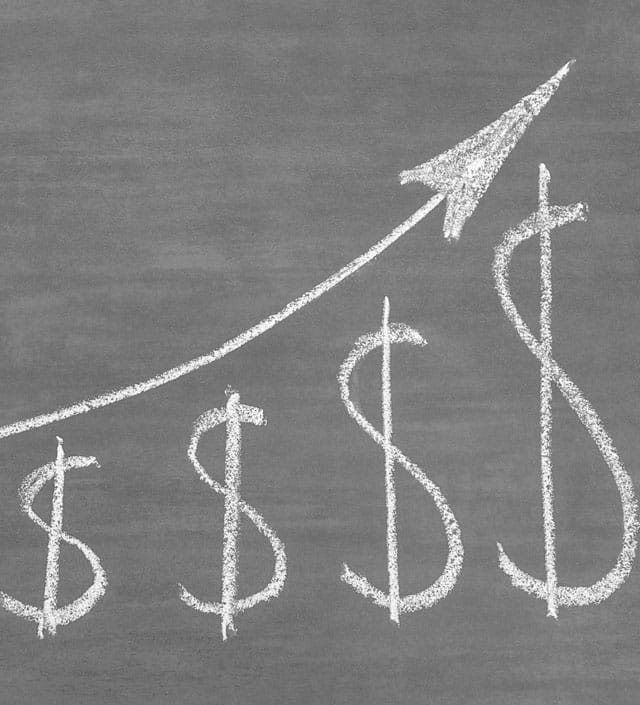The Bureau of Labor Statistics announced October 13 that consumer prices in September were up 8.2% in September from a year earlier. But in some areas, inflation has been far worse.
According to a study by WalletHub, in five metropolitan statistical areas (MSAs), inflation was in the double digits during that time. They include:
• Phoenix-Mesa-Scottsdale, Ariz.: 13%.
• Atlanta-Sandy Springs-Roswell, Ga.: 11.7%.
• Miami-Fort Lauderdale-West Palm Beach, Fla.: 10.7%.
• Tampa-St. Petersburg-Clearwater, Fla.: 10.5%.
• Baltimore-Columbia-Towson, Md.: 10.2%.
“Given the current level of inflation, I think no one should expect things to “return to normal” overnight,” said Yongchen Zhao, an associate professor in the Department of Economics at Towson University, in a statement for WalletHub. “More realistically, assuming no significant policy change, we may be looking at another year or two of elevated inflation, which may also be accompanied by some cooling of the labor market.”
The Federal Reserve was woefully late to the game in its effort to raise interest rates to control inflation, added Daniel Roccato, a clinical professor of finance at Knauss School of Business at the University of San Diego. He adds, ” ..a full-fronted attack on inflation should also include a coordinated government policy. It is pretty simple (but politically unpopular): stop adding stimulus to the economy. This includes everything from student loan forgiveness to extended pandemic relief.”
Meanwhile, the five MSAs with the lowest inflation over the last 12 months were:
• Minneapolis-St. Paul, Minn. 7.4%
• Honolulu, Hawaii 6.6%
• Washington, D.C.-Arlington, Va. 6.5%
• New York-Newark, Jersey City, N.J. 6.2%
• San Francisco-Oakland, Calif. 5.7%
WalletHub compared 23 major MSAs across two key metrics related to the Consumer Price Index, which measures inflation. It compared the Consumer Price Index for the latest month for which BLS data is available to two months prior and one year prior to get a snapshot of how inflation has changed in the short and long term.







